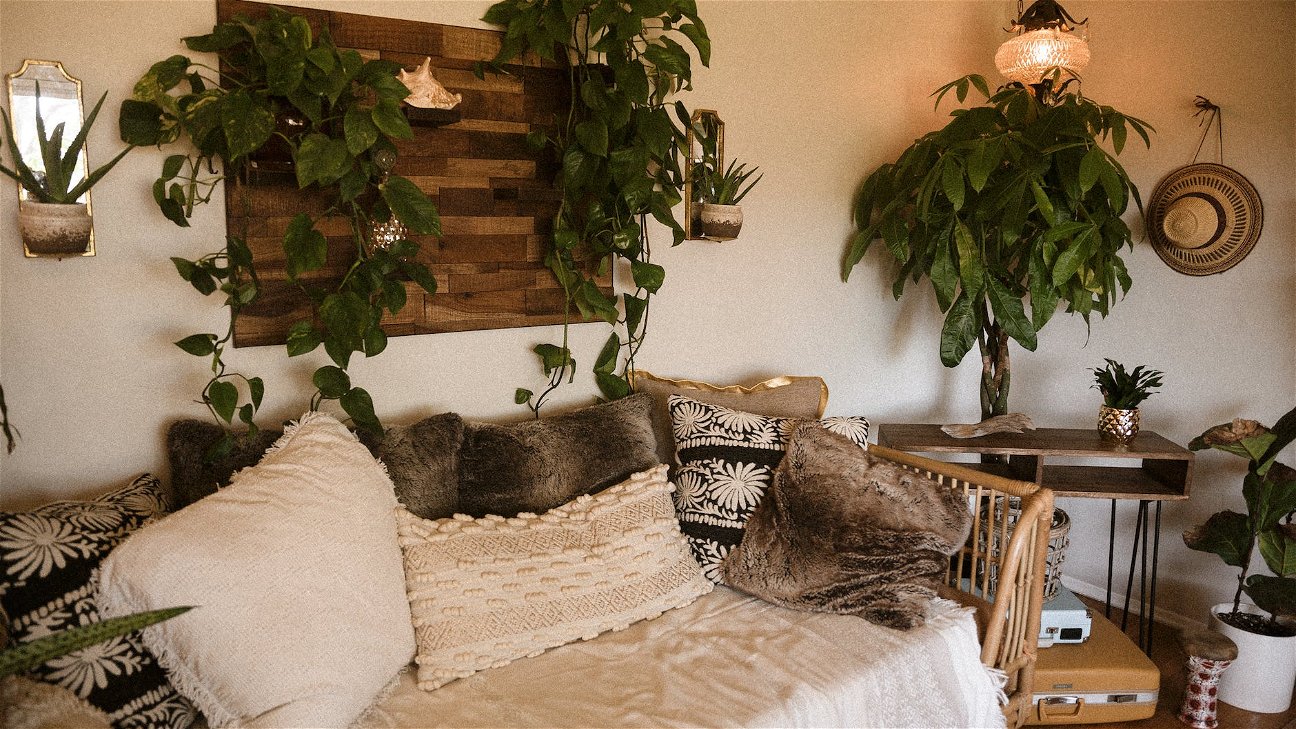
Today, sustainability is a significant concern in every industry, especially in construction. As we recognize the environmental impact of traditional building materials, there's a growing trend toward green alternatives. This article will explore some of the best green alternatives to common building materials, helping you create a more sustainable and eco-friendly construction or renovation project.
Green alternatives to concrete
Concrete is widely used in construction. However, the production process is energy-intensive and contributes significantly to carbon emissions. Here are some green alternatives:
-
Hempcrete: Made from the inner woody core of the hemp plant mixed with lime, Hempcrete is a biocomposite material that's highly sustainable and recyclable.
-
Bamboo: Bamboo is a highly renewable resource that grows quickly. It is lightweight, strong, and versatile. It can be used as a green alternative to concrete in many applications.
-
Recycled plastic: Using recycled plastic reduces the demand for new plastic production and helps keep waste out of landfills.
Eco-friendly insulation options
Traditional insulation materials can be harmful to the environment and human health. Here are some eco-friendly options:
-
Sheep's wool: Sheep's wool is a natural, renewable resource that provides excellent insulation. It's also safe to handle and install.
-
Cotton insulation: Made from recycled cotton clothing, this insulation material is safe, effective, and green.
-
Cellulose insulation: Made from recycled newspaper, cellulose insulation is a green alternative that offers excellent thermal performance.
Sustainable roofing materials
When it comes to roofing, there are several sustainable options to choose from:
-
Metal roofing: Metal roofs are durable, recyclable, and can help reduce energy consumption by reflecting heat.
-
Green roofs: Green roofs, or living roofs, are covered with plants. They provide excellent insulation and help to improve air quality.
-
Recycled shingles: Shingles made from recycled waste materials like plastic, rubber, or wood fiber are a great eco-friendly option.
Eco-friendly flooring options
Choosing a sustainable flooring option can significantly impact your project's environmental footprint. Some choices include:
-
Cork: Cork is harvested from the bark of the cork oak tree, which regrows over time, making this a renewable resource.
-
Bamboo: Like with construction, bamboo is a renewable resource that can be used for flooring.
-
Reclaimed wood: Using reclaimed or salvaged wood reduces the demand for new timber.
While this list is far from exhaustive, it provides a good starting point for anyone looking to make their construction or renovation project more sustainable. As demand for green building materials continues to grow, more options will likely become available.





